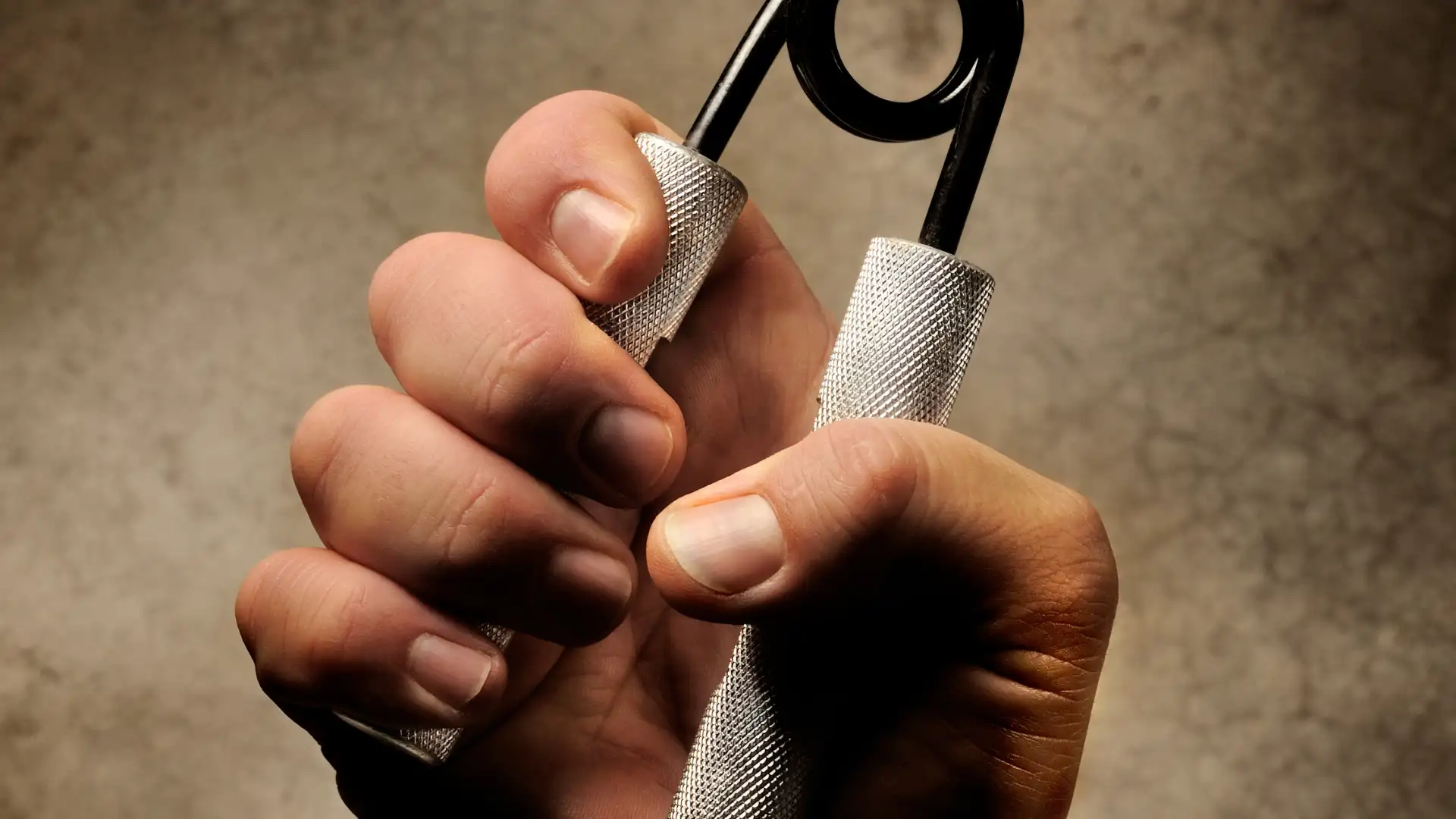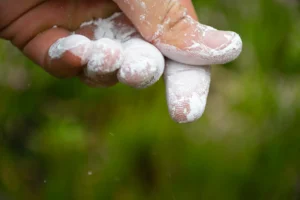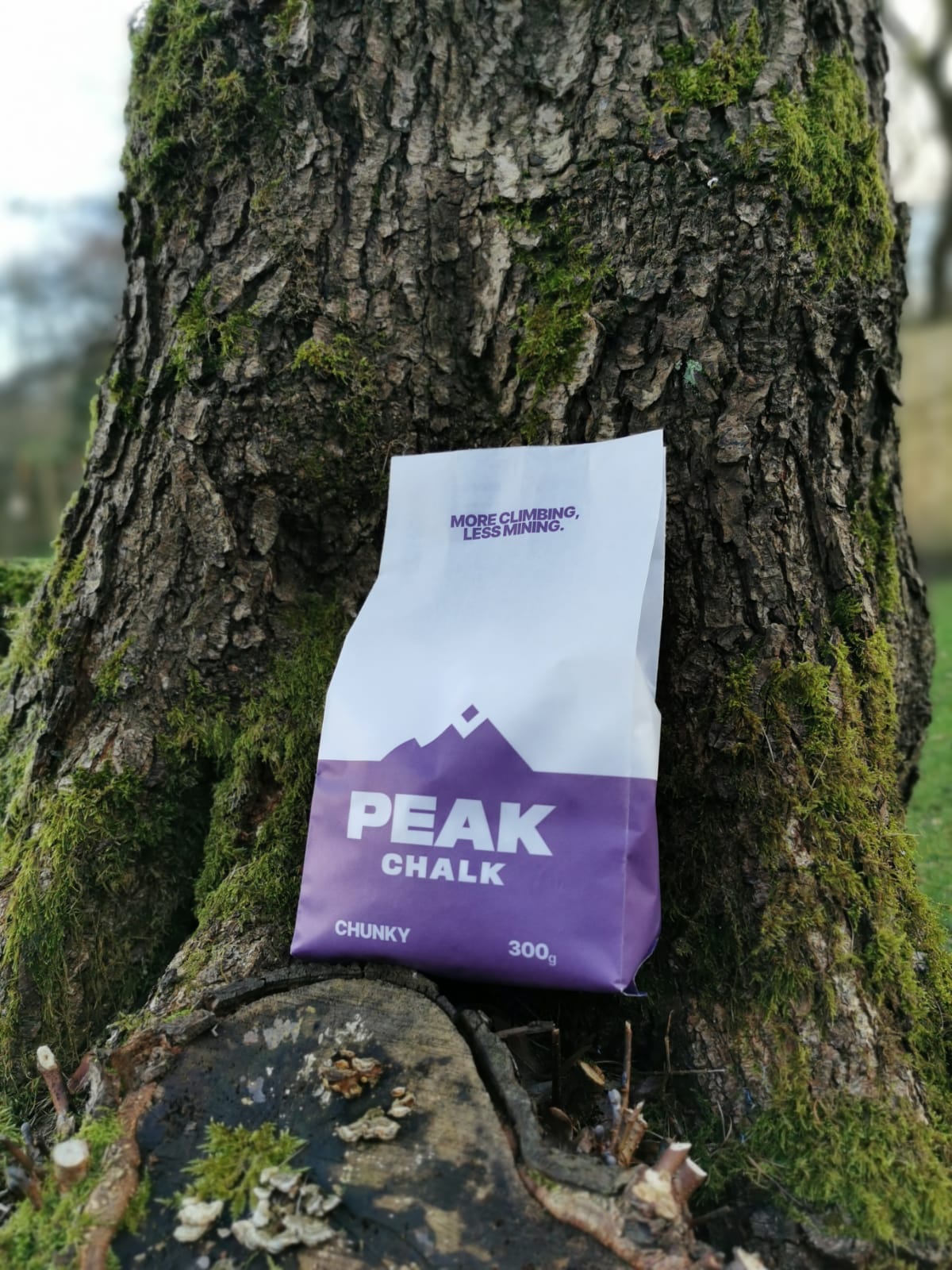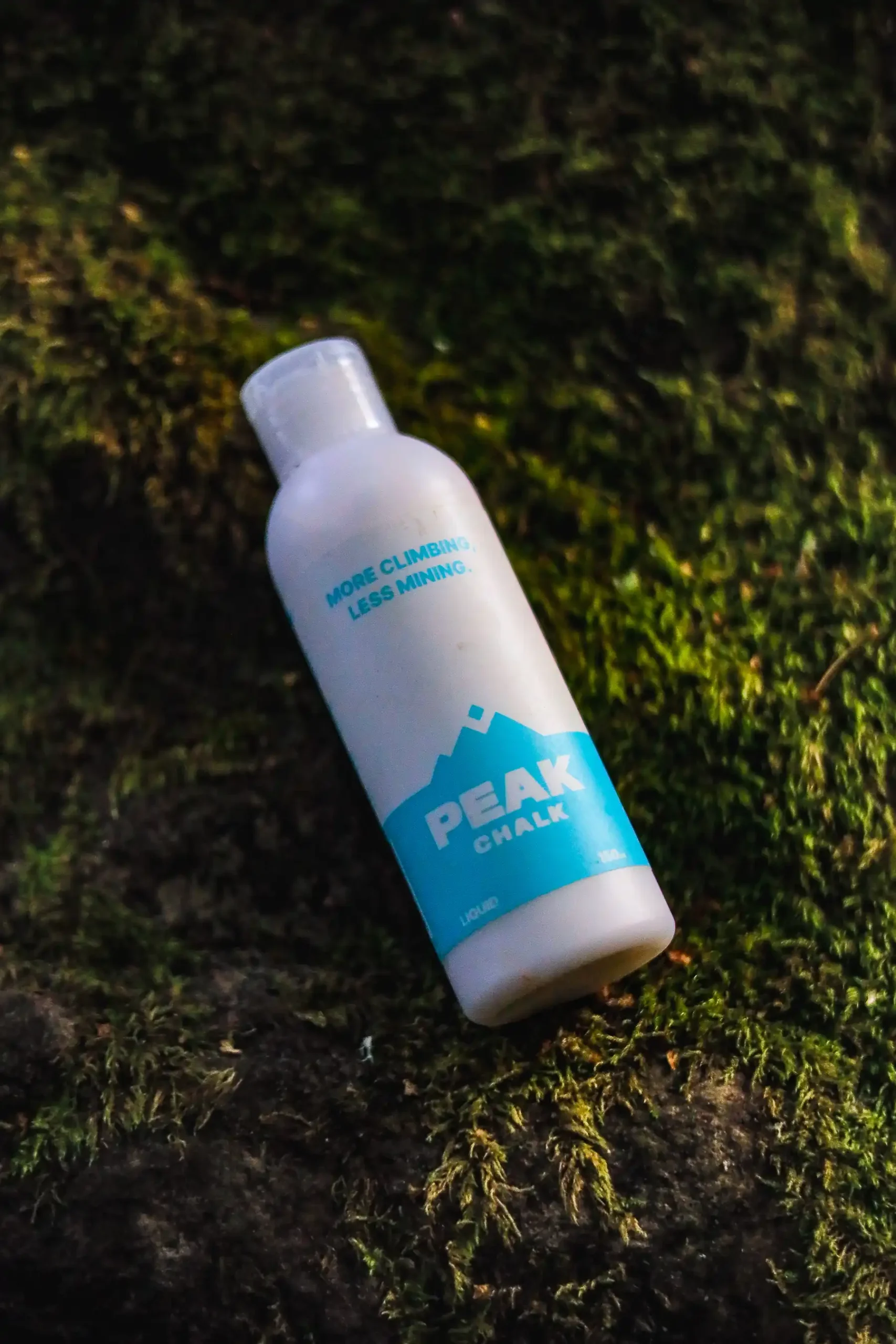Introduction:
Climbing is a sport that demands not only physical strength but also a deep understanding of the interactions between your body and the climbing environment. One key element in this equation is climbing chalk. Often taken for granted, climbing chalk plays a pivotal role in enhancing your grip on holds and ultimately influencing your climbing performance. In this article, we delve into the science behind climbing chalk and explore how it works to improve your grip, particularly focusing on sustainable climbing chalk options available in the UK.
The Role of Friction:
Before we dive into the specifics of climbing chalk, let’s understand the role of friction in climbing. Friction is the force that opposes the motion of two surfaces in contact. When you’re scaling a climbing wall or rock face, the friction between your skin and the climbing surface is what enables you to stay connected and maintain control.
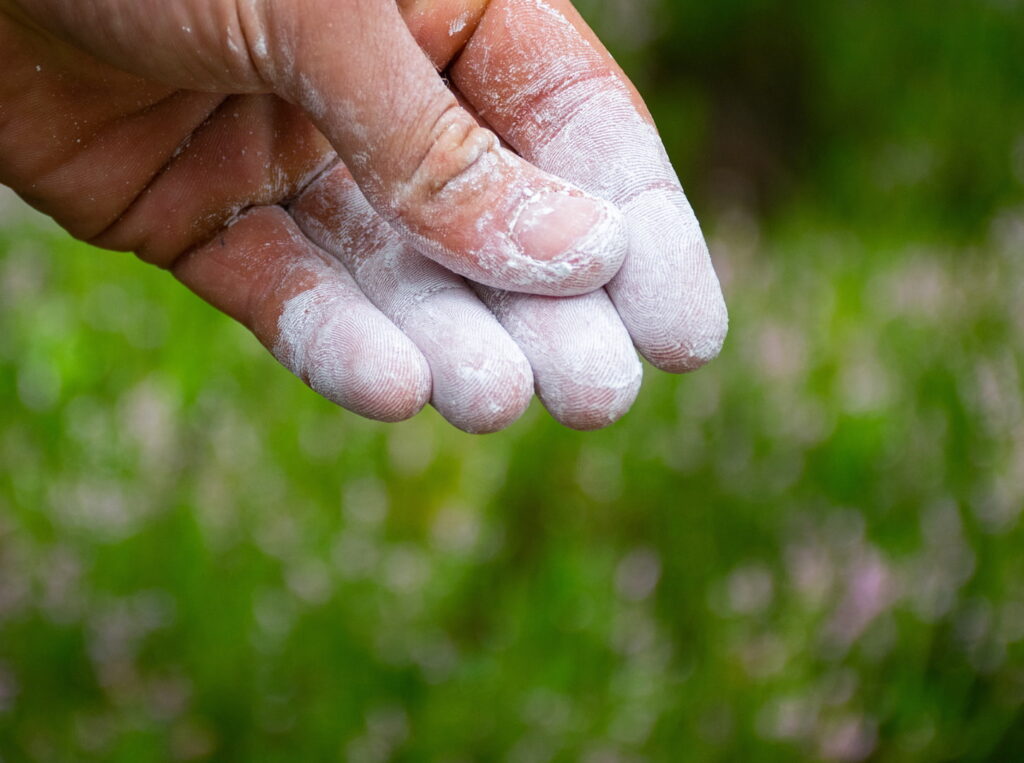
Understanding Moisture and Slippage:
However, friction is affected by moisture. Moisture on your hands can create a barrier between your skin and the climbing surface, reducing the effectiveness of friction and leading to slippage. This is where climbing chalk comes into play.
How Climbing Chalk Works:
Climbing chalk is a drying agent that absorbs moisture from your hands, creating a dry, textured layer on your skin. This layer serves multiple purposes:
- Absorption of Moisture: Climbing chalk absorbs the sweat and moisture on your hands, helping to keep them dry and maintain a solid grip.
- Enhancement of Friction: The dry layer created by chalk increases the coefficient of friction between your skin and the climbing holds. This heightened friction allows you to engage the holds more effectively and securely.
- Improved Precision: With better grip and control, climbers can execute precise movements, whether it’s grabbing a small edge or maintaining balance on a delicate foothold.
Sustainable Climbing Chalk and Environmental Considerations:
In the pursuit of sustainable practices, many climbers are now opting for environmentally friendly climbing chalk options. Traditional climbing chalk is often packaged in un-responsible single use plastics which can take hundreds of years to break down having dramatic environmental implications. As a sustainable climbing chalk brand in the UK, we package our fine and chunky chalk in home-compostable packaging. Meaning you can climb responsibly knowing you can dispose of your empty packets in an eco-friendly way.
Peak Chalk goes an environmental step further by supporting the Billion Trees Project. Every kilo of our high-purity chalk sold leads to another tree planted. This ensures that your climbing adventures leave a minimal impact on the environment while providing you with the performance you need.
Conclusion:
The science behind climbing chalk revolves around its ability to manage moisture and optimize friction, significantly improving your grip and climbing experience. By choosing sustainable climbing chalk options, you not only elevate your performance but also contribute to the preservation of the natural beauty that climbers cherish. As climbers in the UK continue to embrace sustainable practices, the partnership between science, chalk, and sustainability creates a winning combination for both climbers and the environment. Find out more about the Hidden Environmental Impact of Climbing Chalk here.
